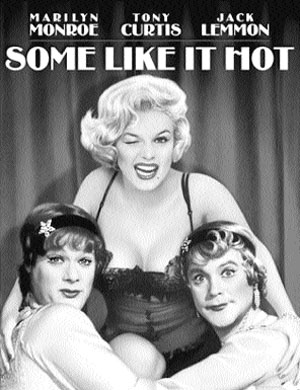
Following on from Danny Boyle’s ingenious dystopian horror 28 Days Later, we pick up the story – you guessed it – 28 weeks after the rage virus has devastated Britain, in Juan Carlos Fresnadillo’s confronting sequel.
The first thing about the film is that it’s got more of everything. More characters, more chaos, more violence, more terror. Not that that’s a bad thing. Set against the American military’s efforts to re-populate Britain after the apparent eradication of the virus, we could have expected something overdone and stupidly violent, but the film is more nuanced and clever than the half-baked sequels that seem to be squirming their way out of Hollywood lately.
It starts with Donald Harris (Robert Carlyle) escaping a house and leaving his wife (Catherine McCormack) behind, then races through the repopulation of London in a small army facility. Harris is reunited with his children (the improbably named Imogen Poots and Mackintosh Muggleton), everything seems dandy despite his guilt over the loss of his wife… and then the virus works its way back into the fledgling civilisation.
The film is instantly brutal, with dizzying camerawork and disorienting editing, creating a genuine sense of panic and pandemonium. No person is safe from the virus or the chase of the infected – despite how high his or her name may appear on the poster. It’s like Saving Private Ryan for the noughties, the audience not spared a single moment of the violence due to necessity, rather than gratuity, and never allowed to become desensitised.
It’s a study in everything good about horror, and about the original: questions of authority, the family, technology, group paranoia, sacrifice and violence arise and refuse to be ignored. It’s difficult to watch at times, frantically emotional at others, and is the way real horror should be – memorable and truly frightening.
The first thing about the film is that it’s got more of everything. More characters, more chaos, more violence, more terror. Not that that’s a bad thing. Set against the American military’s efforts to re-populate Britain after the apparent eradication of the virus, we could have expected something overdone and stupidly violent, but the film is more nuanced and clever than the half-baked sequels that seem to be squirming their way out of Hollywood lately.
It starts with Donald Harris (Robert Carlyle) escaping a house and leaving his wife (Catherine McCormack) behind, then races through the repopulation of London in a small army facility. Harris is reunited with his children (the improbably named Imogen Poots and Mackintosh Muggleton), everything seems dandy despite his guilt over the loss of his wife… and then the virus works its way back into the fledgling civilisation.
The film is instantly brutal, with dizzying camerawork and disorienting editing, creating a genuine sense of panic and pandemonium. No person is safe from the virus or the chase of the infected – despite how high his or her name may appear on the poster. It’s like Saving Private Ryan for the noughties, the audience not spared a single moment of the violence due to necessity, rather than gratuity, and never allowed to become desensitised.
It’s a study in everything good about horror, and about the original: questions of authority, the family, technology, group paranoia, sacrifice and violence arise and refuse to be ignored. It’s difficult to watch at times, frantically emotional at others, and is the way real horror should be – memorable and truly frightening.



